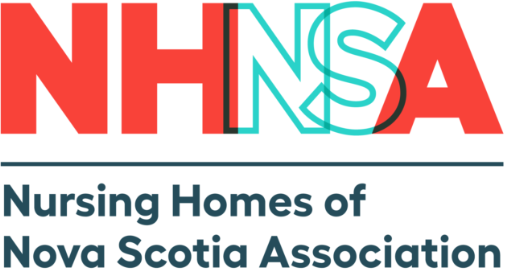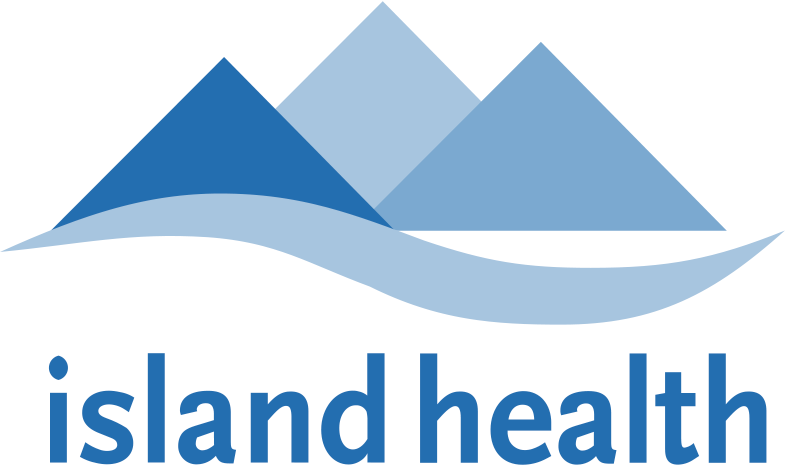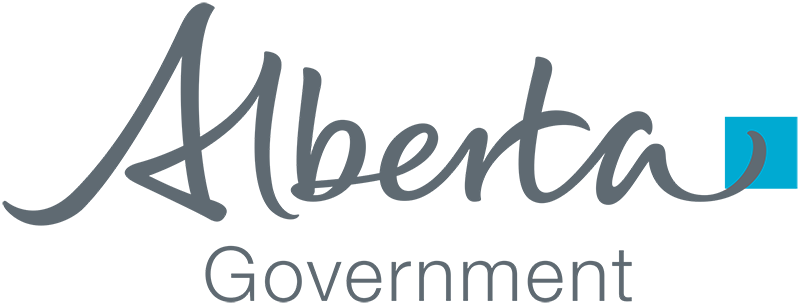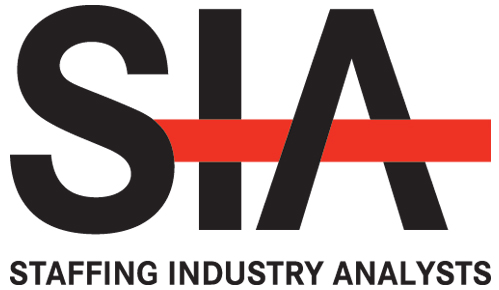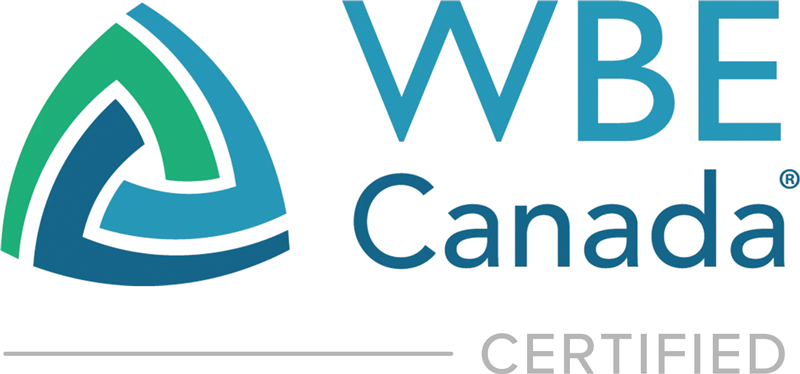
The nursing profession in the Middle East is undergoing profound transformation, catalyzed by escalating healthcare demands, advancements in medical technologies, and shifting cultural paradigms. This evolution is most evident in leading nations such as Saudi Arabia, the United Arab Emirates (UAE), and Qatar, where systemic reforms and policy innovations are reshaping the landscape of nursing. This discussion delves into the historical trajectory, catalysts for change, current trends, and strategic outlook for nursing in the Middle East, providing an in-depth analysis of its dynamic progression.
In this context, it is necessary to examine the historical background of this matter. Traditionally, nursing in the Middle East was perceived as a rudimentary caregiving role, with limited formal recognition or professionalization. The mid-20th century marked a turning point as modern healthcare infrastructures began to emerge, significantly influenced by Western medical practices. The establishment of training institutions and international collaborations gradually professionalized the field, raising its societal stature and setting the stage for contemporary advancements.
Catalysts for Change and Emerging Trends
A confluence of factors is driving the transformative evolution of nursing in the Middle East. The escalating healthcare demands, fueled by urbanization, demographic changes, and the increasing prevalence of chronic illnesses, have underscored the need for a highly skilled nursing workforce. This is particularly evident in Gulf Cooperation Council (GCC) countries, where conditions such as diabetes and cardiovascular diseases are widespread. Simultaneously, the rapid adoption of technological advancements—such as telemedicine, robotic-assisted procedures, and electronic health records—has expanded the scope of nursing responsibilities, necessitating proficiency in data management and technical operations. Cultural and policy shifts are also pivotal, as exemplified by initiatives like Saudi Arabia’s Vision 2030, which aims to boost local participation in nursing while reducing dependence on expatriate professionals. These shifts have not only elevated nursing as a respected career path but have also facilitated greater specialization in fields like critical care and oncology, alongside the integration of nurses into leadership roles where they influence healthcare policies and strategy development. The combination of these catalysts has propelled nursing into a new era of professionalization and innovation in the Middle East.
Specialization and Advanced Practice: There is a discernible shift toward specialized roles in critical care, oncology, and neonatal nursing, addressing specific regional healthcare challenges.
Leadership and Policy Influence: An increasing number of nurses are assuming leadership roles, contributing to the formulation and implementation of healthcare policies.
Educational Advancements: Collaborative programs with international institutions are enhancing the depth and breadth of nursing education, particularly in the UAE and Saudi Arabia, where postgraduate opportunities are expanding.
Strategic Outlook
The future of nursing in the Middle East is intrinsically linked to continued investments in education, infrastructure, and workforce development. Integrating artificial intelligence (AI) and big data analytics into nursing practices promises to enhance patient outcomes. Concurrently, fostering cultural competence and gender diversity will further strengthen the profession’s capacity to meet evolving healthcare needs.
Conclusion
The evolving role of nurses in the Middle East reflects a broader transformation in regional healthcare systems. By addressing systemic challenges and leveraging emerging opportunities, the nursing profession is poised to make substantive contributions to the advancement of healthcare outcomes across the region.
References:
AlYami, M. S., & Watson, R. (2014). An overview of nursing in Saudi Arabia. Journal of Health Specialties, 2(1), 10-12.
WHO. (2021). Nursing workforce data. Retrieved from https://www.who.int
– Levy, P. (2019). Industrial/Organization Psychology (6th ed.). Macmillan Higher Education.

